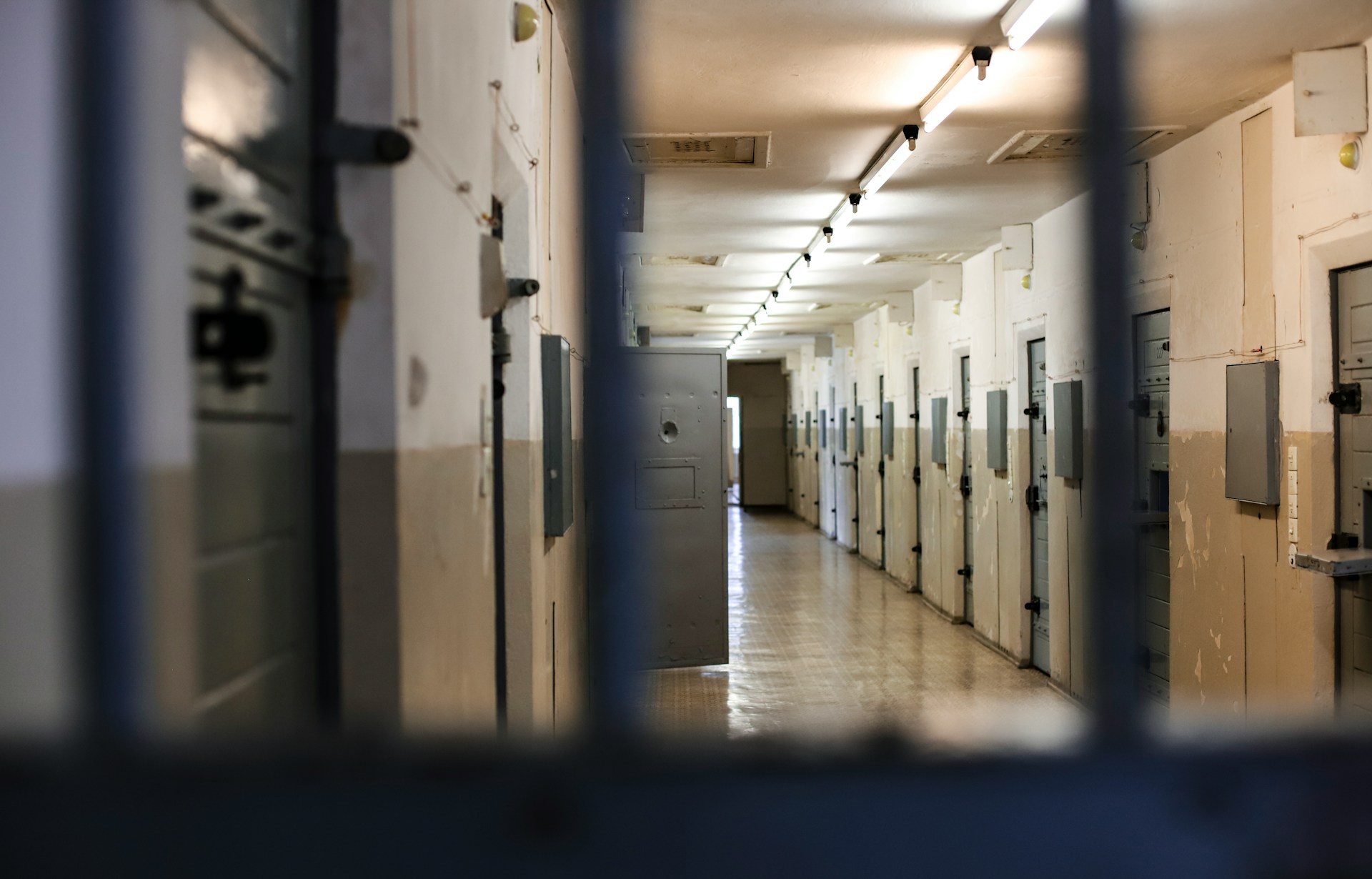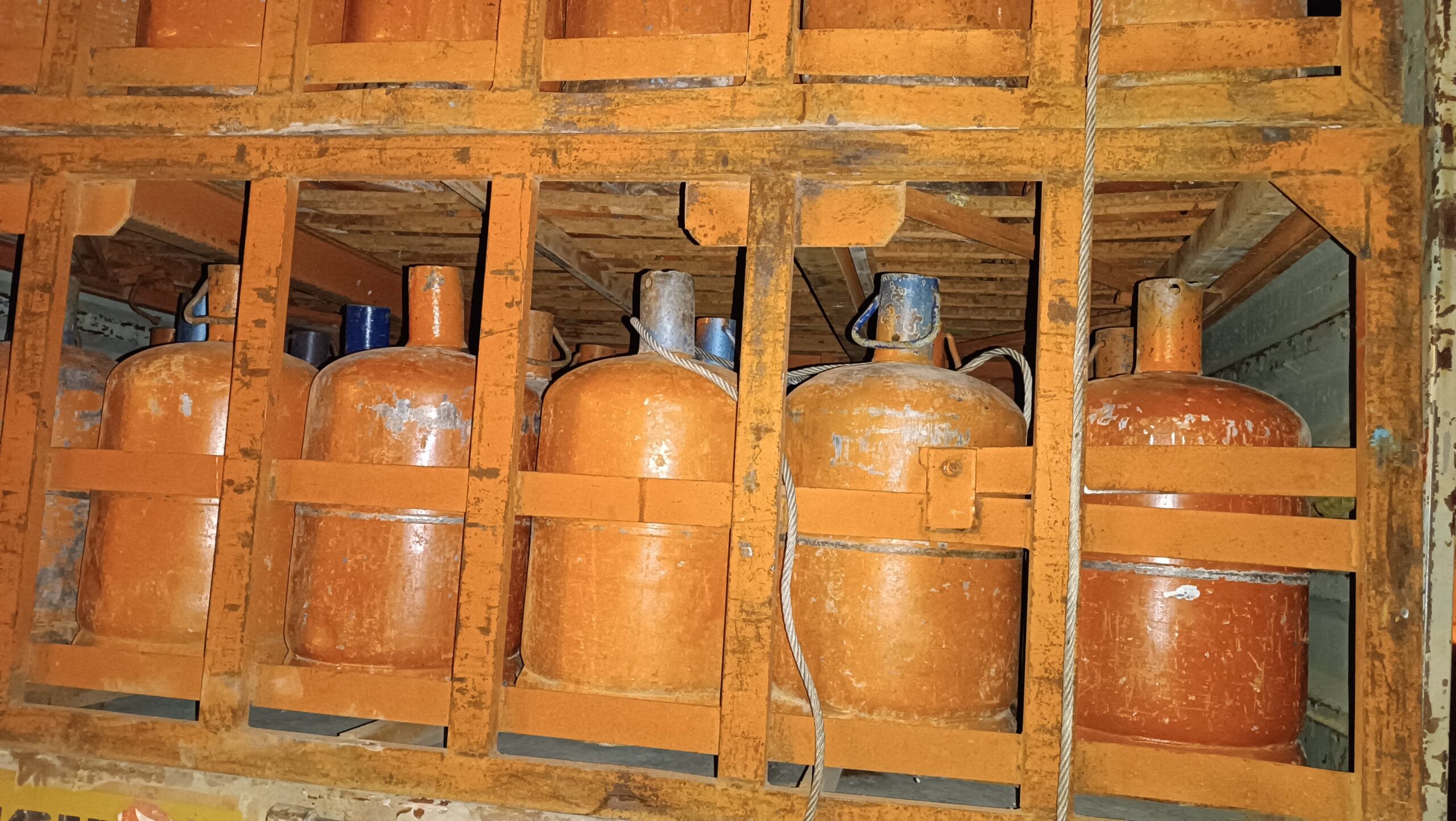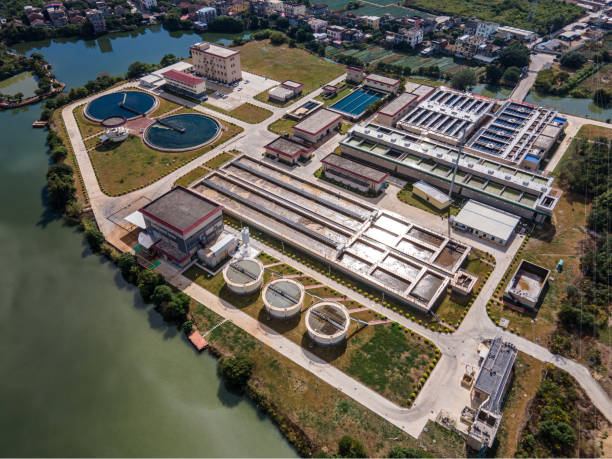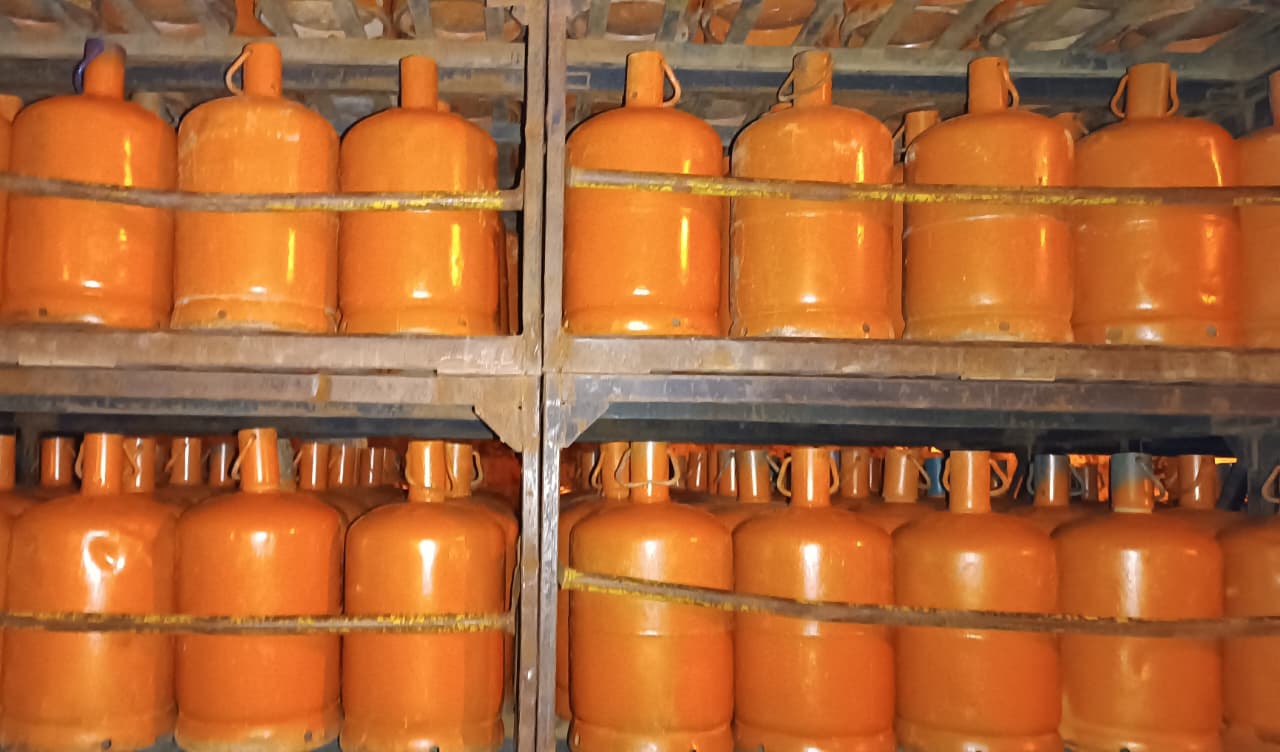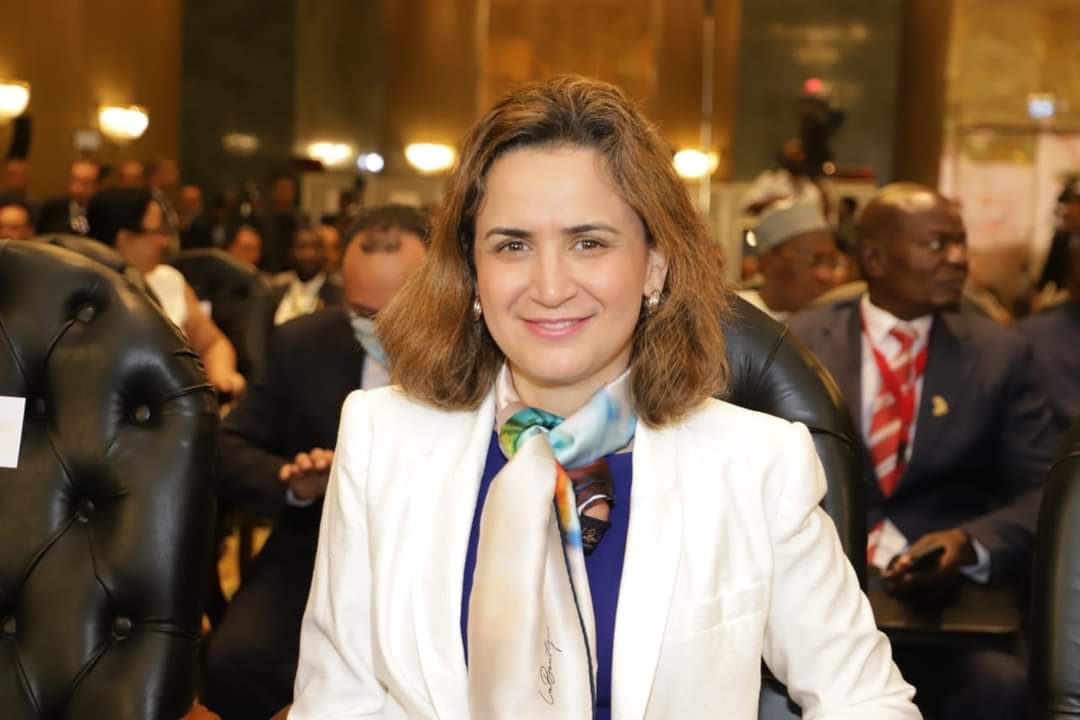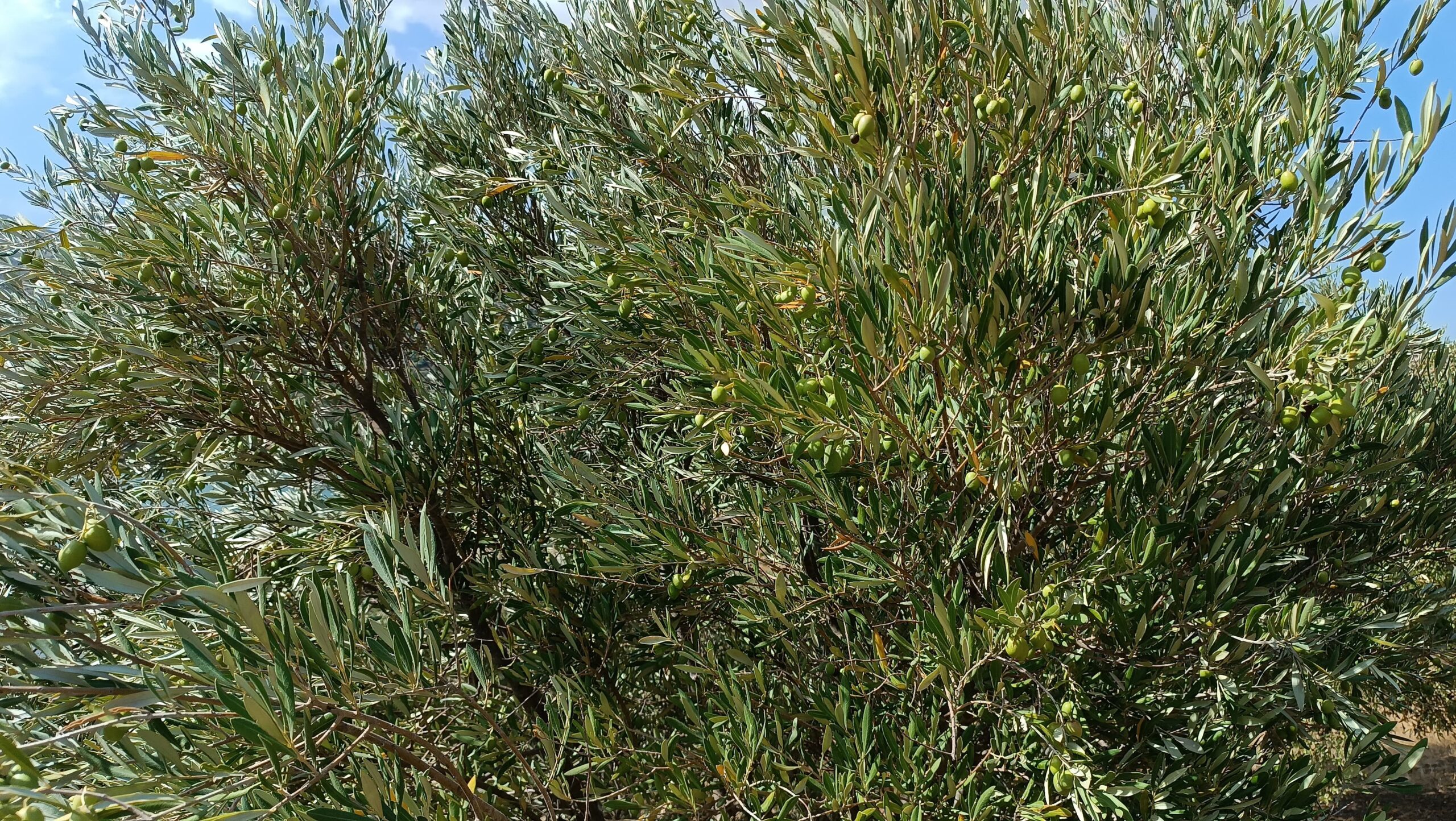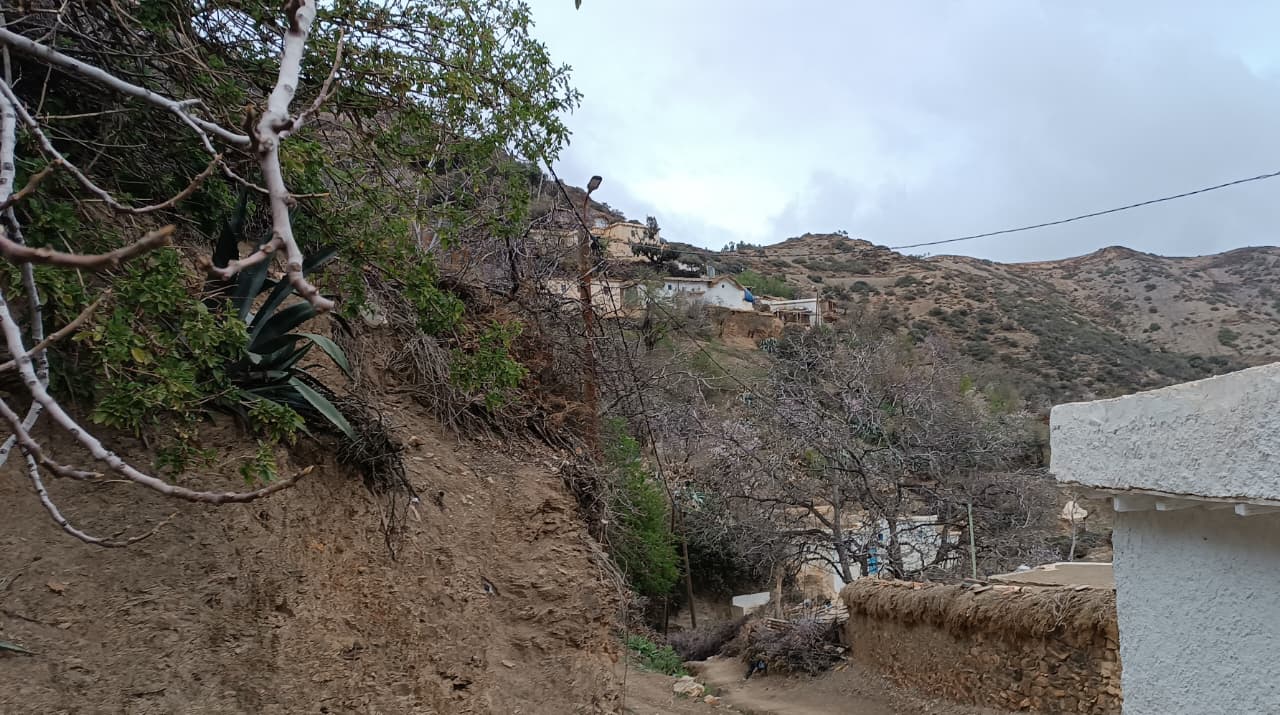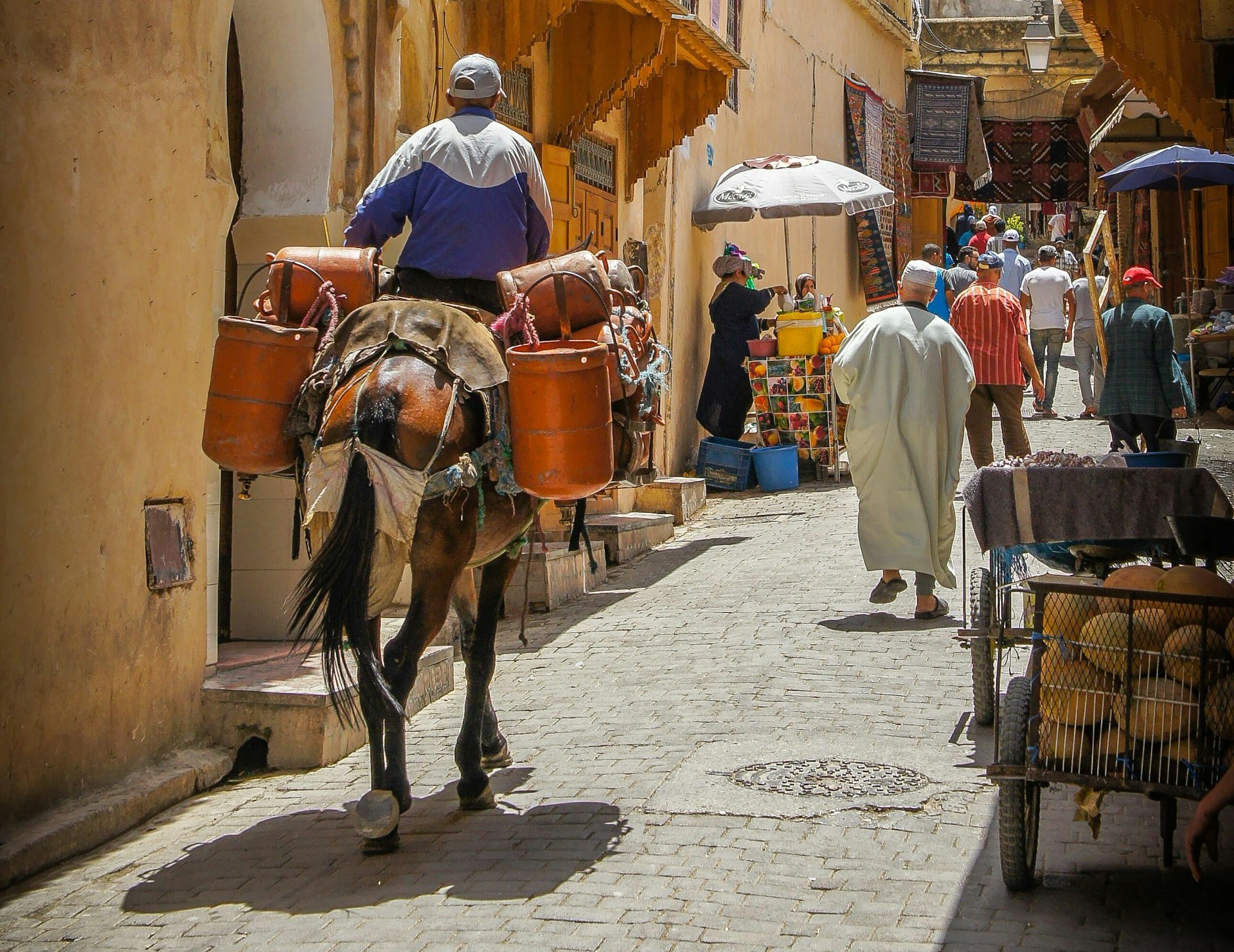Casablanca – In a move toward modernizing its criminal justice system, Morocco has officially adopted a framework for alternative sentencing, offering non-custodial options for certain non-violent offenses. The reform aims to ease pressure on the country’s overcrowded prisons and promote rehabilitation over punishment.
On May 22, 2025, the Moroccan Government Council approved Decree No. 2.25.386, which outlines the procedures for implementing Law No. 43.22 on alternative criminal penalties. The decree was presented by Minister of Justice Abdellatif Ouahbi and is part of Morocco’s broader efforts to improve the efficiency, fairness, and humaneness of its justice system.
A new approach to criminal justice
The adoption of alternative sentencing is designed to address multiple systemic challenges, including prison overcrowding, high rates of recidivism, and the social damage caused by short-term incarceration for minor offenses.
Under the new legal framework, courts may now impose alternative penalties instead of prison terms—provided certain conditions are met. These alternatives are meant to hold offenders accountable while supporting their reintegration into society.
“This reform reflects a shift toward a more balanced justice system—one that focuses not just on punishment, but on correction and rehabilitation,” a statement from the Ministry of Justice noted.
Conditions for applying alternative sentences
According to guidance from the High Council of the Judiciary, the application of alternative sentences is subject to strict legal criteria. The offender must have committed a misdemeanor punishable by no more than five years in prison, and must not be a repeat offender. In deciding whether to apply an alternative sentence, judges are required to consider the severity of the offense, the offender’s personal and social circumstances, and their potential for rehabilitation.
Defendants must also be informed that failing to comply with an alternative sentence will result in the original prison sentence being enforced.
Four categories of alternative sentences
Moroccan law now recognizes four main types of alternative sentences:
- Community service
Offenders may be required to perform work that benefits public institutions or nonprofit organizations, such as cleaning public spaces or assisting vulnerable groups.- Every three hours of community service counts as one day of prison time.
- The total number of hours ranges between 40 and 3,600.
- Electronic monitoring
This involves restricting an offender’s movement using electronic tracking devices. The individual may be confined to specific areas or curfews set by authorities. - Restrictive or rehabilitative measures
These may include mandatory residence in a certain location (house arrest), undergoing therapy or addiction treatment, regular check-ins with law enforcement, or bans on entering certain places. - Daily fines
Offenders may pay a monetary fine instead of serving time, with rates ranging from approximately $10 to $200 per day. The court sets the amount based on the offender’s financial situation and the severity of the offense.
Serious crimes remain excluded
The law excludes serious and violent offenses from eligibility for alternative sentencing. These include:
- Crimes against national security
- Terrorism
- Bribery and embezzlement of public funds
- Money laundering
- International drug trafficking
- Sexual crimes involving minors or individuals with disabilities
This exclusion is meant to ensure public safety and uphold the deterrent effect of criminal law.
Implementation and oversight
The new decree also defines the roles of the Prison Administration, which is responsible for overseeing the execution of alternative sentences. Both central and local authorities will monitor compliance, with systems in place to ensure accountability and follow-up.
Despite the promising potential of this reform, experts point to challenges that remain, such as the need for sufficient infrastructure, trained personnel, and greater public awareness.
A step toward humanizing justice
Legal analysts view the move as a positive step toward aligning Morocco’s justice system with international best practices. By focusing on rehabilitation, the country aims to reduce recidivism, preserve social ties, and reintegrate offenders more successfully into society.
While implementation will require coordination between courts, social services, and civil society, the adoption of alternative sentencing signals a growing commitment to justice that is both firm and fair.






